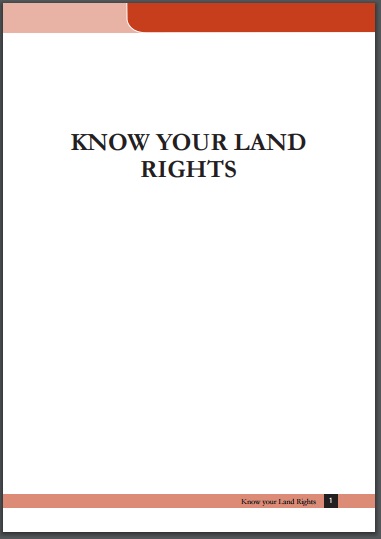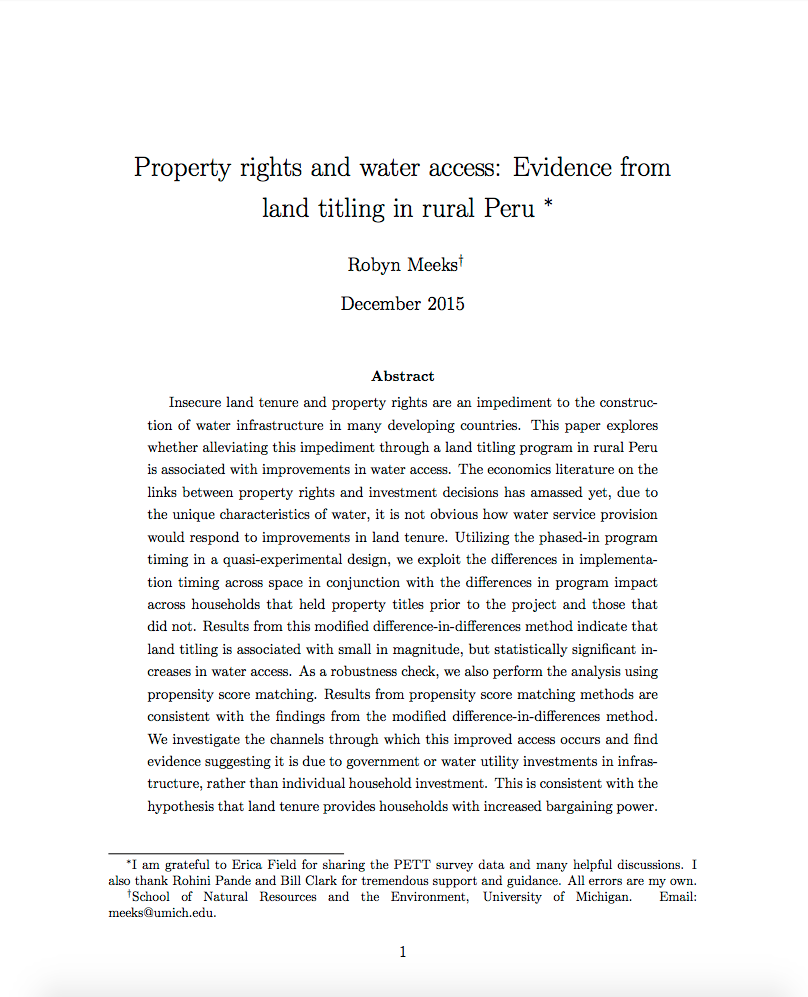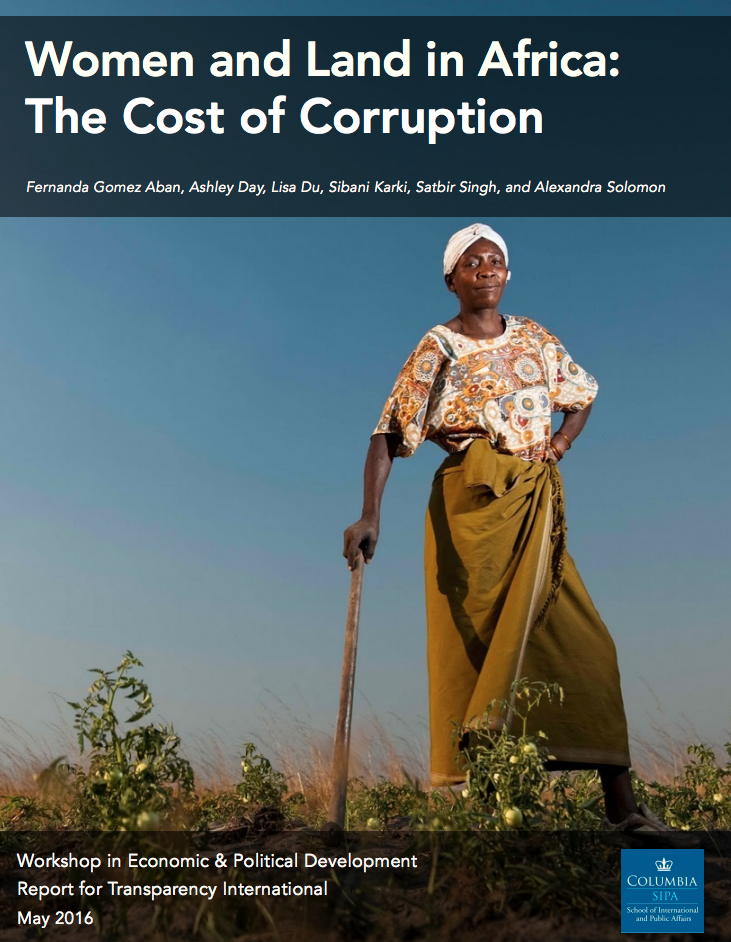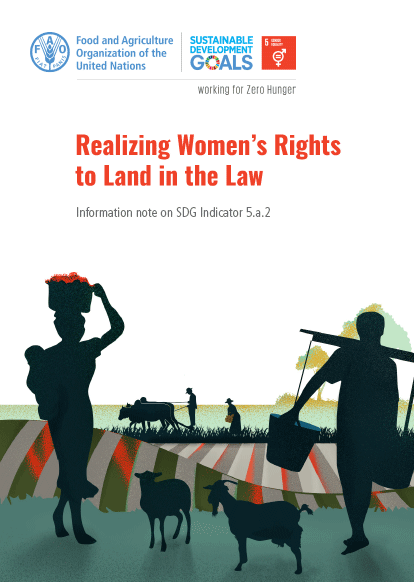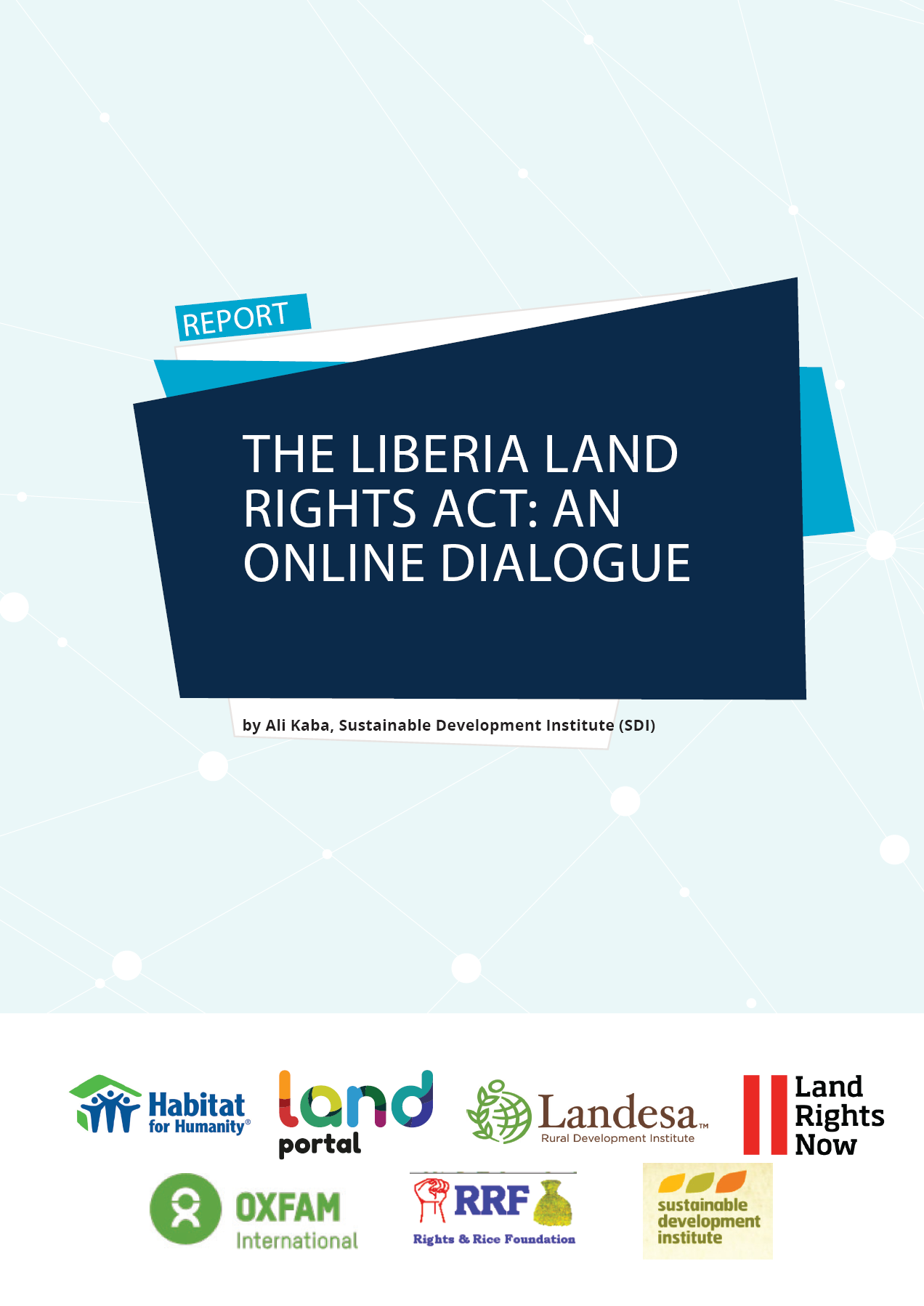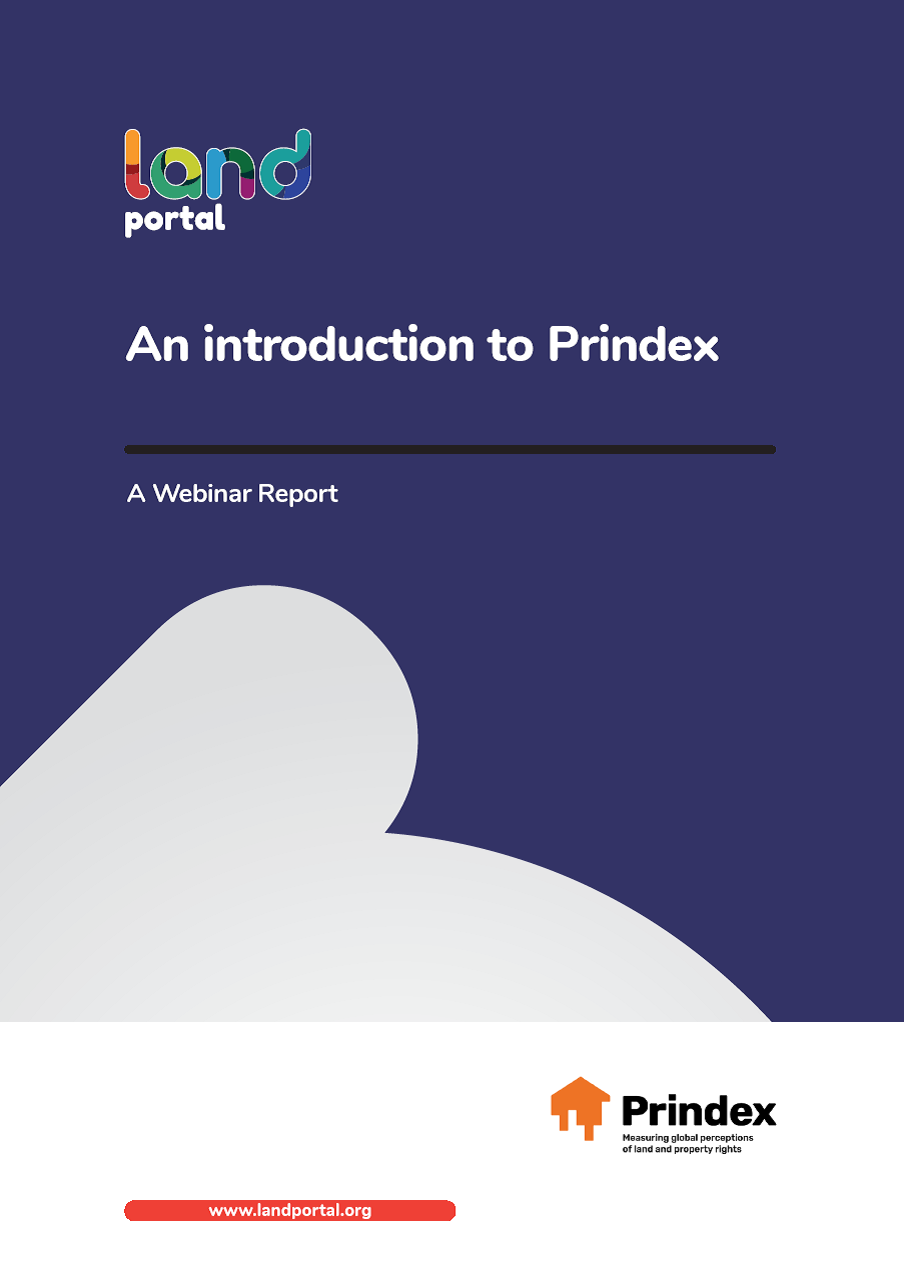Women’s Land Rights in Rwanda: How can they be protected and strengthened as the Land Law is implemented
In Rwanda, two factors make land a highly important and contested issue. First,
Rwanda has the highest person-to-land ratio in Africa. This creates tremendous
pressure on land in a country where most of the population lives in rural areas, and
where agriculture remains the central economic activity. Second, Rwanda is recovering
from massive population shifts caused by decades of ethnic strife and the 1994 civil war
and genocide, which resulted in displaced populations and overlapping land claims.

